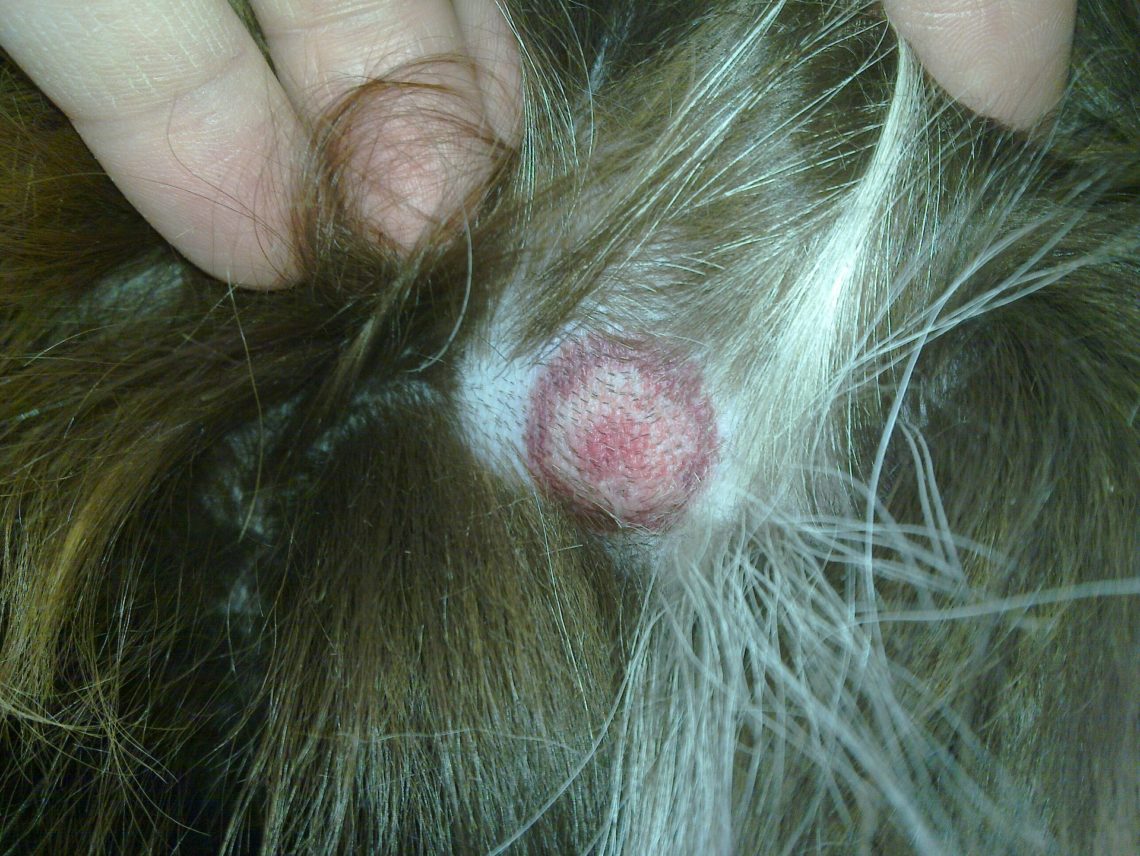Lyme malady is an exceptionally basic irresistible ailment in the upper east United States. It is likewise an extremely disputable theme among veterinarians in light of the fact that most mutts that test positive are not clinically sick. This makes it hard to figure out which pooches ought to be dealt with. Lyme infection likewise influences people, so it is a theme important to everybody. The reason for this article is to answer some normally made inquiries about Lyme ailment and clear up some regular misguided judgments.
Lyme malady is caused by the spirochete microbes Borrelia burgdorferi. The illness is transmitted to people and canines by the fairy and grown-up phases of the dark legged tick, Ixodes scapularis.
50-75% of canines tried might be certain for Lyme malady.
On the off chance that my pooch tests positive, does this require treatment?
The response to this will shift from canine to puppy and remains a state of contention. Just around 10% of positive canines will ever create clinical sickness from contamination with the Lyme life form, such huge numbers of veterinarians contend that treatment isn’t essential for apparently solid mutts. Today we are blessed to have two Lyme tests that help us in deciding whether the disease is dynamic/later. In the event that your pooch tests positive on a screening test, you ought to talk about extra testing with your veterinarian to decide whether treatment is justified. In endemic regions, yearly screening tests for Lyme malady are suggested.
Grown-up deer tick your puppy develops clinical sickness from Lyme infection, the most widely recognized signs are faltering, fever, torpidity, and broadened lymph hubs. Clinical sickness is normally 2-5 months after contamination. The dominant part of mutts reacts exceptionally well to anti-toxin treatment with Doxycycline or Amoxicillin.
Dark legged ticks are little, so on the off chance that I locate an expansive tick on my puppy, he/she can’t get Lyme infection, rectify?
The larval and nymphal phases of all ticks are little, yet an engorged grown-up tick can be very huge, so a lab would need to recognize the tick to make certain your canine has not been nibbled by a dark legged tick.

In the event that I discover a tick on my pooch, should I go to the vet
In the event that you are open to evacuating the tick, you don’t have to see your vet. The most ideal approach to expel a tick is to utilize tweezers to get the tick as near the skin as could reasonably be expected. The tick should then be expelled by hauling straight out. Try not to turn or squash the tick as you are evaluating it. Wash your hands subsequent to expelling the tick to confine conceivable presentation to yourself.
To what extent does the tick should be appended to transmit contamination?
For Lyme ailment to be gotten, the tick must be connected to your canine for no less than 48 hours. Subsequently, the best methods for maintaining a strategic distance from Lyme malady is to evacuate ticks when they are found. Day by day examinations of your pooch is suggested, particularly in the event that they have been in lush zones.
Notwithstanding “tick checks,” we additionally unequivocally prescribe topical parasiticides, for example, Frontline or Advantix (canines as it were). There are a few other tick items accessible, so please talk about the proper decision with your veterinarian. Make sure to abstain from washing or swimming for 24 hours after utilization of these topical items. Take after the application rules deliberately for best adequacy.
Once an ice happens, I don’t need to stress over ticks any longer until the accompanying spring, rectify?
Off-base. Grown-up ticks are dynamic at whatever point the climate approaches or surpasses solidifying. On the off chance that there is snow cover, there won’t be much if any tick action, yet in the event that we have a few warm winter days consecutively, the ticks might be dynamic.

Would I be able to get Lyme infection from my pooch?
No, Lyme ailment is definitely not a zoonotic malady, which means it can’t be specifically transmitted from your puppy to you. Be that as it may, if a tick slithers off your pooch and chomps you, you can wind up contaminated.
Would it be advisable for me to inoculate my pooch against Lyme malady?
There are a few canine antibodies accessible to anticipate Lyme sickness. The requirement for this immunization ought to be resolved on a case by case premise following a talk with your veterinarian. We suggest that all mutts be tried for Lyme sickness before thinking about an antibody. A few rivals of inoculation expect that if your puppy is immunized and still gets the infection, the manifestations will be more awful. Notwithstanding, this depends on involvement with the human antibody (no longer available) and has not been demonstrated in puppies.









Comments by dodogy
Homemade super-dinner for your dog.
Very nice, My dog just loved it